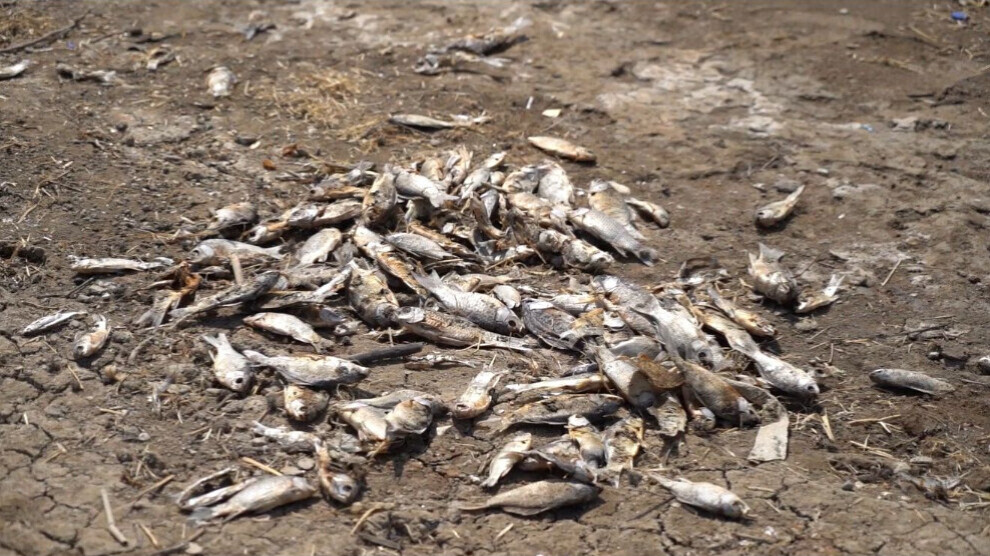Halabja faces environmental crisis after mass fish deaths
Halabja is facing an escalating environmental crisis threatening its natural resources and public health after Sirwan Lake recorded unprecedented mass fish deaths, sparking alarm among locals, fishermen, and tourists.

MEHRIBAN SALAM
Halabja - Authorities report that last week a large number of fish perished in Sirwan Lake, prompting an urgent investigation to determine the causes. The Sirwan River, flowing from Tanki Said Muhammad Bridge through Imam Zamen, Khakaro, Halabja, and Darbandikhan, is a key regional source of fish. Despite fishing restrictions in parts of the river, locals continue to rely on it for livelihood and sustenance.
In response, The Agriculture Directorate and the Livestock Directorate in Halabja have formed a special committee to investigate the die-off.
Early indicators of pollution
Field visits indicate that untreated wastewater from hospitals is being discharged directly into the lake, likely contaminating the water and contributing to fish deaths.
Local resident Badi’a Mahmoud said: “This year is different. The water is polluted. Wastewater from hospitals flows directly into the lake, killing the fish and giving the water a foul odor, which affects residents and tourists alike.”
Veterinarian Delnya Farooq noted: “The scale and pattern of the deaths could suggest poisoning, but thorough testing is needed to confirm this.”
A livestock official added: “The affected species, known as Raqa fish, cannot tolerate high temperatures. Rising water temperatures may have contributed to the die-off. Our water tests show no signs of contamination or poisoning.”
This incident comes amid broader environmental concerns in Halabja. Previous reports documented more than 2,500 residents affected by diarrhea and vomiting linked to water pollution. The city also continues to grapple with chemical contamination from the 1988 bombings, as three federal ministries prepare to open a mass grave and assess remaining chemical hazards.
